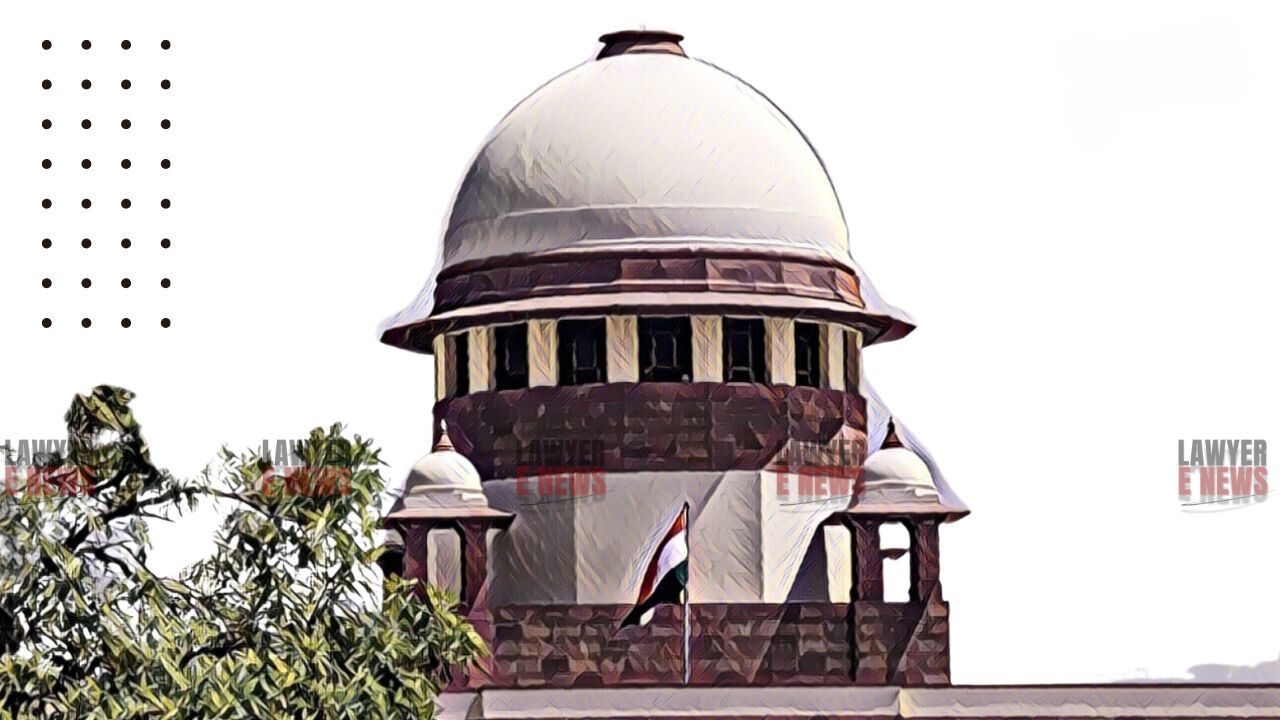-
by Admin
16 February 2026 1:47 PM



The Entire Purpose of a Trial is to Reach the Truth – In a significant ruling Supreme Court of India upheld the impleadment of a legal heir in an ongoing property dispute, emphasizing that "all necessary parties must be heard before a decision is taken by the Court." The case revolved around a contested will and the right of legal heirs to participate in inheritance proceedings. The Court dismissed the appeal against the Madras High Court’s order, which had allowed the deceased plaintiff’s daughter to be impleaded as a defendant despite opposition from her brother.
The dispute arose from a civil suit, O.S. No. 155 of 2017, filed by Pappammal for declaration and recovery of possession against R. R. Jagadesan. The plaintiff, represented by her son R. Krsna Murtii (appellant), was 97 years old when the case was initiated.
During the pendency of the suit, Pappammal passed away on January 10, 2020, leading to a legal battle over representation. The appellant sought substitution as the sole legal representative, relying on a registered will dated June 13, 2016, which allegedly granted him the entire estate.
However, the Trial Court rejected his substitution, noting that he had not provided a legal heir certificate and that other legal heirs existed. The Madras High Court upheld this decision, but granted liberty to implead the other heirs. The matter reached the Supreme Court in Civil Appeal No. 4832 of 2022, where the Court set aside the previous rulings and directed the Trial Court to reconsider the substitution application. The appellant was eventually substituted as the plaintiff in the case.
Following the substitution, Jothi (Respondent No. 1), the deceased’s daughter, moved I.A. No. 6 of 2023, seeking to implead herself as a defendant under Order I Rule 10(2) of the Civil Procedure Code (CPC), 1908. The Trial Court allowed her impleadment, and the Madras High Court upheld this decision, prompting the appellant to challenge it before the Supreme Court.
Rejecting the appellant’s contention that his sister had no right to be impleaded, the Supreme Court ruled: “The entire purpose of a trial is to reach the truth of the matter, and it is absolutely important that all necessary parties must be heard before a decision is taken by the Court.”
The appellant had argued that the Supreme Court’s earlier ruling allowing his substitution meant that no other heir could be impleaded. The Court found this claim legally untenable, stating: “It did not say that no other person has the right to revise a claim before the Court or to contest the will. The contention of the appellant is based neither on logic nor on law.”
The Court also noted that the will in question was executed in 2016, when the deceased was 94 years old, making it necessary to allow all legal heirs to contest its validity.
Dismissing the appeal, the Supreme Court reinforced the principle that: “When there is a dispute over inheritance, all legal heirs must be given the opportunity to present their claims. Denying an heir the right to contest a will amounts to shutting out a legitimate claimant from justice.”
The ruling upheld the Madras High Court’s order, allowing Jothi to be impleaded as a defendant in the suit and ensuring that the property dispute is adjudicated with full participation of all affected parties.
By reaffirming that no legal heir can be excluded from inheritance proceedings, the Supreme Court ensured a fair and transparent adjudication of property disputes. The decision establishes a crucial precedent that wills can be contested and that courts must consider all legal heirs before making determinations on inheritance claims.
Date of Decision: February 27, 2025
